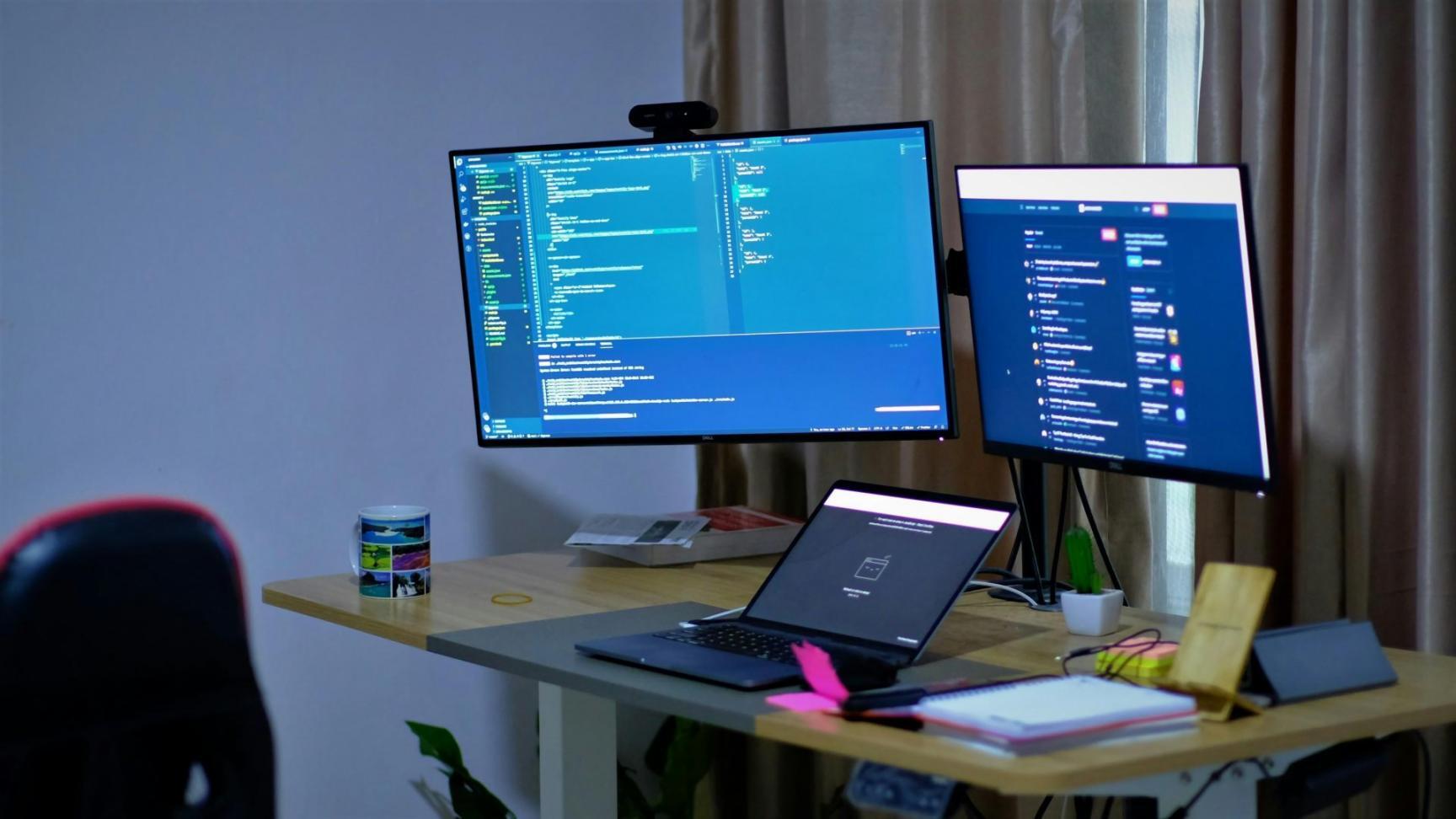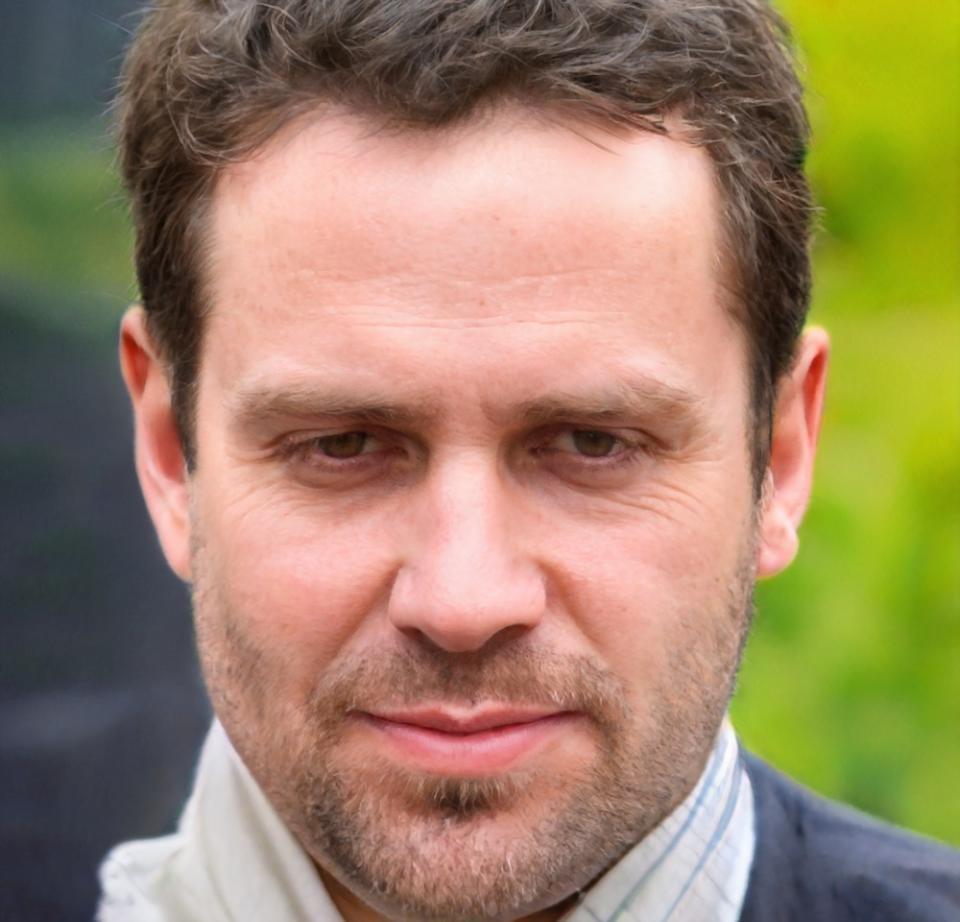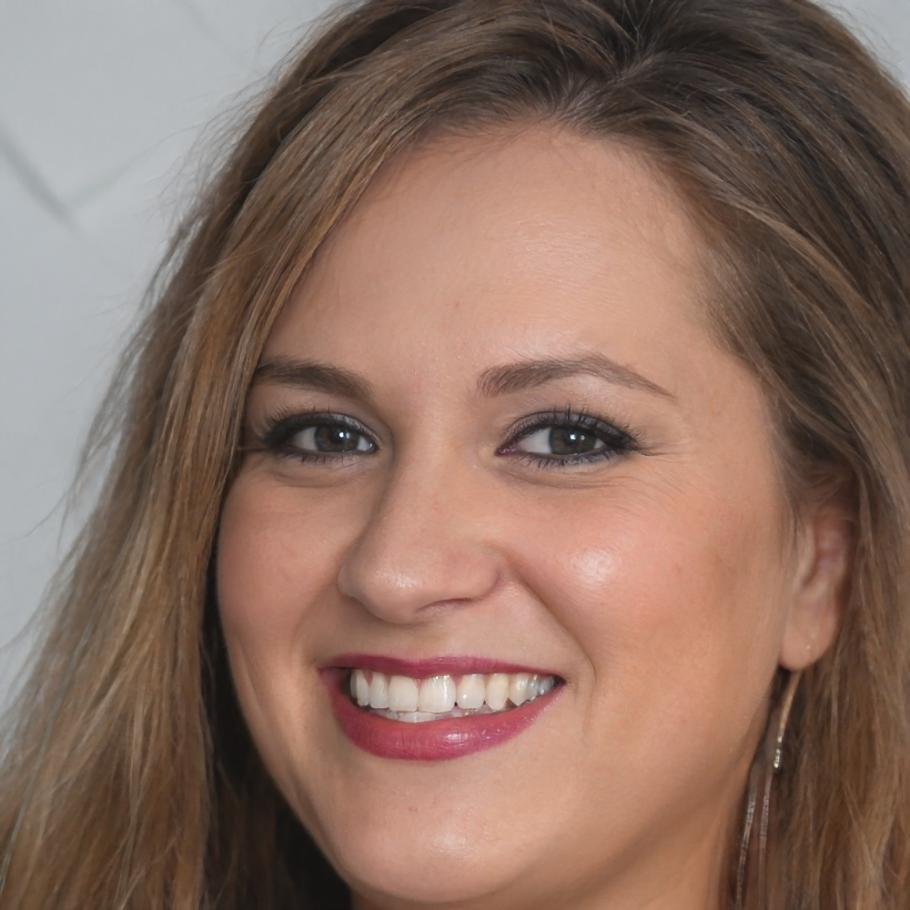Build Real Games, Not Just Follow Tutorials
Most Unity courses throw theory at you and hope it sticks. We skip that. Instead, you'll spend your time building actual games from scratch—the kind you'd want to play yourself. By autumn 2025, you could be creating experiences that surprise even you.
Start Your Journey
Foundation Phase
First eight weeks focus on understanding how Unity really thinks. You'll work with physics systems, collision detection, and player input—but always through building something tangible. A platformer that actually feels good to play. A puzzle game that makes people lean forward. The theory comes naturally when you need it.
Production Sprint
Weeks nine through sixteen get intense. You pick a genre that excites you—maybe it's a roguelike, maybe it's narrative-driven. Then you build it. Properly. With version control, debugging sessions, and code reviews. This is where students usually realise they've stopped asking "how do I" and started asking "which approach works best."
Portfolio Project
Final twelve weeks belong to you. Design and build a complete game that showcases what you've learned. Previous students have created everything from atmospheric horror experiences to competitive multiplayer prototypes. The goal isn't perfection—it's proving you can take an idea from concept to playable build.

Garrett Wheatley
Lead Instructor
Lysander Thorne
Systems SpecialistWhat Changes After Six Months
Code Confidence
You stop copying scripts from forums and start writing systems that solve your specific problems. Students tell us this shift usually happens around week ten—suddenly everything clicks and you're thinking in C# naturally.
Problem Solving
When something breaks (and it will), you'll know how to diagnose it. Not through guesswork, but by understanding how Unity's component system works under the hood. Debugging becomes almost satisfying.
Design Thinking
Technical skills matter, but so does making things that feel good. You'll learn to balance performance with polish, complexity with accessibility. The kind of judgment that only comes from building things repeatedly.
Practical Portfolio
By early 2026, you'll have three to five completed projects you can show. Not perfect, but functional and representative of your growth. That's what potential collaborators want to see—evidence you can finish what you start.

I came in knowing basically nothing about coding. Honestly thought I'd dropped out by week three. But something about building actual games made it stick. Now I'm working on a stealth game prototype that people genuinely want to play. Still can't believe I wrote all that code myself.
